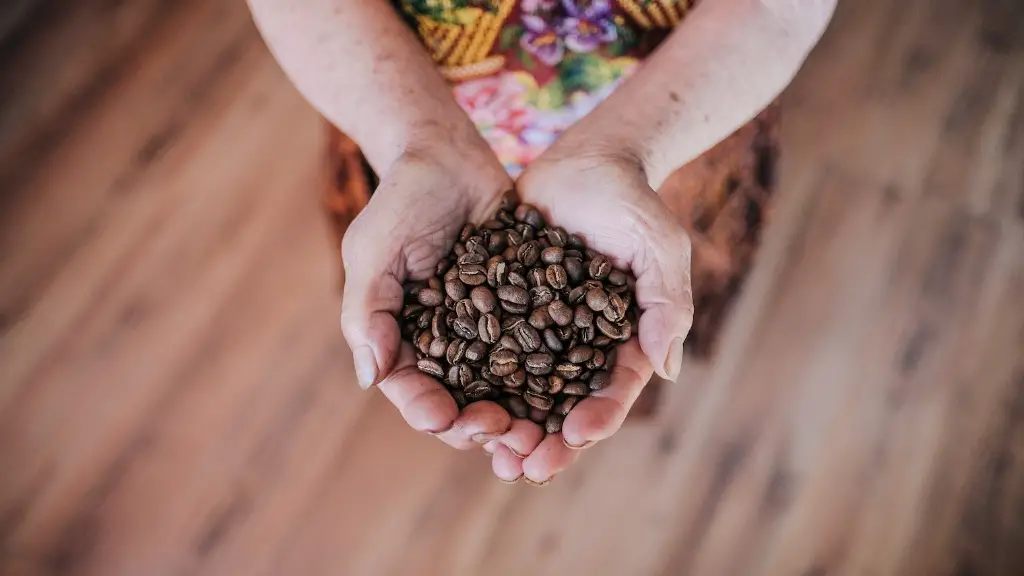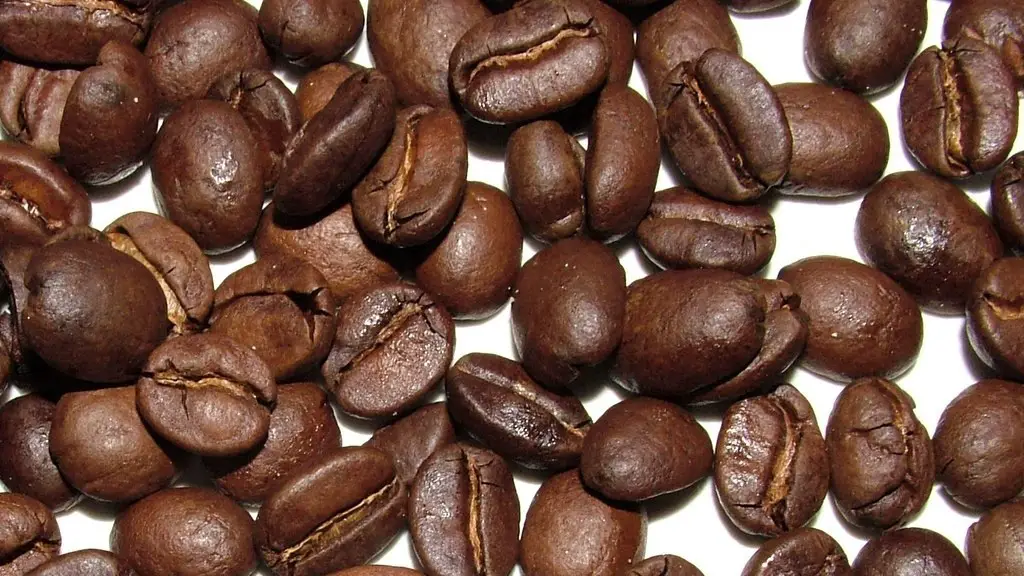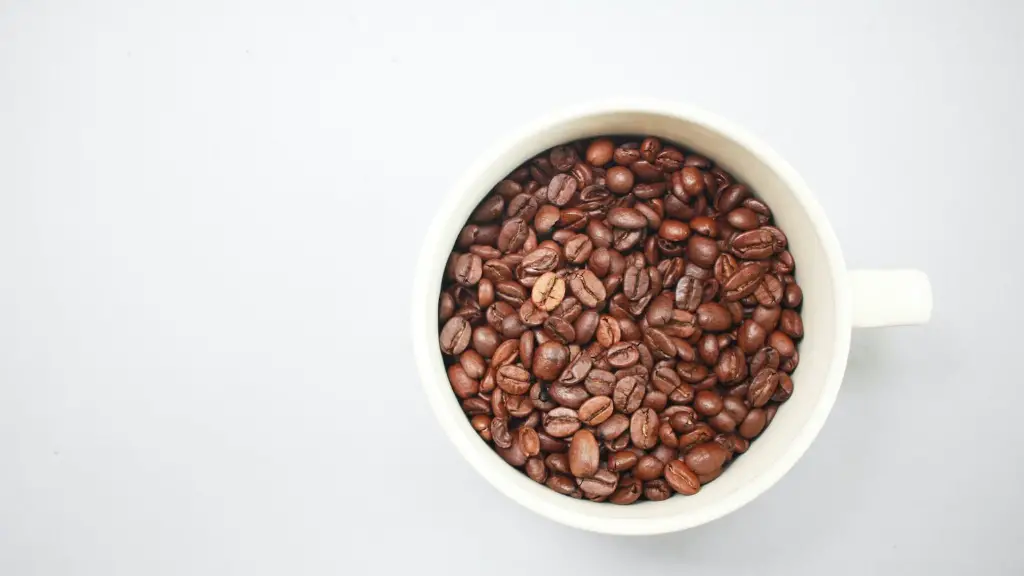Coffee is one of the most popular drinks in the world and is especially loved by Americans. Not only is it the second most popular drink, but Americans consume more caffeine than anyone else, with the average being about three cups of coffee per day. But what’s the story with drinking coffee instead of drinking water? Is this habit really a healthy one?
Experts tend to agree that it differs from person to person and there is no definite answer. Coffee does not really replace the water we need to stay hydrated, but it does contain several beneficial elements like antioxidants, which can help fight diseases. What’s more, coffee can improve performance and reaction time, resulting in better productivity at work or school.
Caffeine can also become an issue with excessive consumption, resulting in dependency and other potential health problems such as anxiety, withdrawals, and insomnia. On the other hand, drinking an excessive amount of water can also be harmful, leading to hyponatremia and confusion.
It is important that we understand both the risks and benefits of drinking coffee, and always do so in moderation. If you are looking to stay healthy and remain productive, drinking 4-5 cups of coffee can be a great way to get your daily dose of caffeine, and drinking enough water throughout the day is essential.
At the same time, it is important to maintain a healthy diet and lifestyle. Excess consumption of either coffee or water can result in a nutrient or mineral imbalance. This, in turn, can lead to decreased energy levels, fatigue and other health related problems. Therefore, finding a balance between the two drinks is essential for optimal health.
Interactions and Effects of Caffeine on the Body
Caffeine can have many positive effects and benefits on the body, such as improved alertness and better performance. As a stimulant and thermogenic, caffeine can increase heart rate and boost metabolism, while also improving reaction time and focus. It can also help reduce headaches and fatigue.
On the other hand, drinking too much coffee can result in several side-effects. These include increased stress levels, jitteriness, rapid breathing, elevated heart rate which can lead to anxiety and insomnia. It is important to understand that caffeine tolerance varies from person to person, so what is safe for one person may not be safe for another.
Drinking Water: The Benefits
Drinking water comes with many benefits. It helps to regulate temperature, maintain electrolyte balance, promote lubrication for joints, flush out toxins and keep cells hydrated.
Water also helps with digestion and absorption of nutrients. It helps break down fats and proteins and moves vitamins and minerals from the bloodstream to cells, thus helping to maintain healthy digestion, enabling the body to utilise the nutrients from food more efficiently.
By drinking enough water, a person can also improve their skin health, as well as reduce fatigue, headaches and other common issues faced by those who don’t drink enough water.
What About People On A Low Carb Diet?
There are many individuals who are on a low carb diet, either following a Keto, Atkins or a similar diet. For such people, coffee has become an important part of their daily routine. Although coffee contains some carbohydrates, it’s still much lower than other drinks.
Studies have shown that drinking coffee on a low-carb diet does not significantly raise a person’s blood sugar levels and can therefore be a great substitute for other sugary drinks. Just make sure to watch your daily caffeine intake and find the right balance between coffee and water.
Drinking Coffee and Feeling Dehydrated
It is common to feel dehydrated after drinking coffee. This is because caffeine is a diuretic, meaning it increases the production of urine and elimination of fluids from the body. This leads to feelings of dehydration as coffee can cause water loss. It is important to be aware of this factor when drinking coffee so you can consume enough water to balance it out.
Interestingly, coffee can also be a great drink for people suffering from dehydration, as studies have found that coffee can actually help athletes and other individuals maintain better hydration levels during exercise.
Environmental Impact of Coffee Drinking
When considering coffee as an alternative to water, it is important to also take into account the environmental impacts. Coffee can lead to pollution and other types of environmental damage due to the amount of resources and energy needed to cultivate, process, and transport it.
In addition, the packaging used to transport and store coffee, such as plastic and aluminum, can have a negative impact on the environment. On the other hand, water requires very little packaging and resources, making it much more sustainable in comparison.
Making the Right Choice
As we can see, drinking coffee instead of water has both pros and cons. Ultimately, it is important to be aware of both and make the right choice for your health and the environment. It is advised that you find your balance between the two drinks and always drink plenty of water throughout the day. Additionally, watch your caffeine intake when drinking coffee and do not overdo it.




